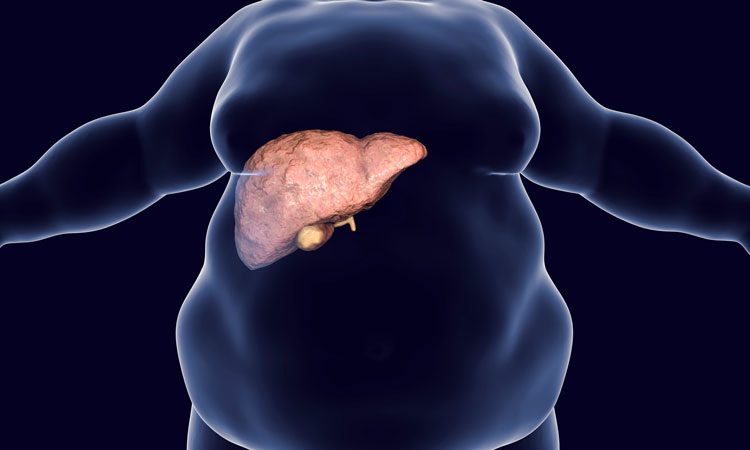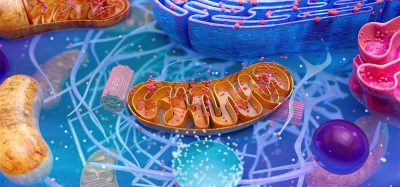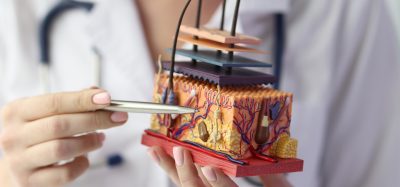New treatments for liver disease could be identified with lab-on-a-chip
Posted: 30 August 2019 | Rachael Harper (Drug Target Review) | No comments yet
New lab on a chip technology has been developed to evaluate the effects of different drivers of NAFLD on liver cells.


Scientists have developed a lab-on-a-chip technology that can simulate different levels of non-alcoholic fatty liver disease (NAFLD) progression in cells across a single continuous tissue.
The scientists, led by investigators at Massachusetts General Hospital (MGH), used their new platform to evaluate the effects of different drivers of NAFLD (such as fat and oxygen concentrations) on liver cells. In this way, the platform can allow for detailed studies of NAFLD progression. Other influences such as inflammatory cues can also be superimposed onto the platform to examine their impacts.
The lab-on-a-chip platform can also be used to assess investigational drugs’ effects on NAFLD progression, revealing their potential for further testing in clinical trials.
Biomarkers aren’t just supporting drug discovery – they’re driving it
FREE market report
From smarter trials to faster insights, this report unpacks the science, strategy and real-world impact behind the next generation of precision therapies.
What you’ll unlock:
- How biomarkers are guiding dose selection and early efficacy decisions in complex trials
- Why multi-omics, liquid biopsy and digital tools are redefining the discovery process
- What makes lab data regulatory-ready and why alignment matters from day one
Explore how biomarkers are shaping early drug development
Access the full report – it’s free!
“This platform is unique in that in one continuous liver tissue on a single chip, we are able to look at different severities of the disease and to study how liver tissue might respond to both triggers of NAFLD as well as different therapeutic approaches,” said senior author O Berk Usta, PhD, an investigator in the Center for Engineering in Medicine at MGH and assistant professor of Surgery at Harvard Medical School.
“While further studies into more complex pathologies of NAFLD and its progressive forms are needed to establish a more complete recapitulation, the current platform establishes a basis for lab-based drug efficacy screening for NAFLD,” noted Beyza Bulutoglu, PhD, the lead author of the study.
Usta suggested that such a strategy may help accelerate the search for effective drugs for NAFLD conditions that range from benign fat accumulation to more serious complications including fibrosis, cirrhosis and liver cancer.
The research was described in an article published in the journal Lab-on-a-Chip.
Related topics
Analysis, Drug Targets, Lab-on-a-Chip, Research & Development, Technology
Related conditions
non-alcoholic fatty liver disease (NAFLD)
Related organisations
Lab-on-a-Chip, Massachusetts General Hospital (MGH)
Related people
Beyza Bulutoglu PhD, O Berk Usta PhD








